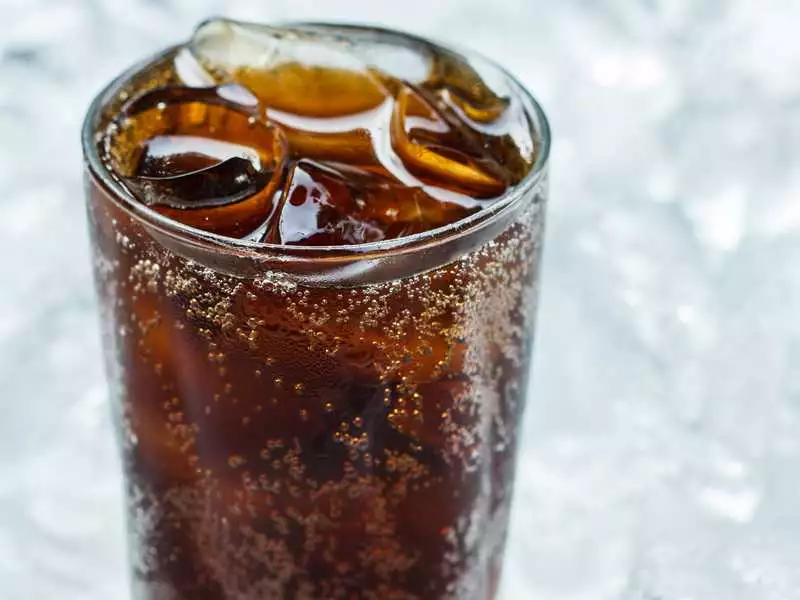Looking at the psychological mechanisms of alcohol dependence not only opens up new insights into the emergence of addiction as well as into the way in which drug therapy is conducted. It commits to learning about these mechanisms in individual patients, disarming especially the mechanism of illusion and denial, dealing with feelings, not including alcohol as a regulator of feelings and acquiring an identity, improving the self-image.
The mechanisms are activated as a result of emerging non-constructive ways of coping with life problems, emerging stressful situations, weakening as a consequence of drinking alcohol, social, family relationships.
These are just some of the more important stimulators triggering the mechanisms of addiction. Arguably, this needs to be considered on an individual basis. There is no doubt that by far the most important factors in the emergence of addiction are psychological (thinking, emotional response and behaviour). In view of this, the effectiveness of treatment will oscillate around finding an effective way to control behaviour, learning constructive social skills, trying to change the way people think and react emotionally.
However, in order to be effectively treated, it is necessary to know the consequences of heavy drinking in basic terms of psychological functioning. This includes areas such as emotional experiences, mental activity forming a cognitive orientation system in the sphere of identity, values, i.e. in the sphere of the Self.
Compulsive regulation of feelings
Everyone wants to experience pleasant emotional states and sometimes even to intensify and prolong them, and to relieve them when unpleasant states arise. Nobody likes to suffer physically or emotionally. When the emotional balance is unpleasant, actions are taken and situations are sought which one perceives as beneficial and valuable. One tries to avoid unfavourable and threatening moments and unpleasant feelings. However, there is another, unnatural way of seeking a way to improve one's own emotional states with the help of alcohol. This method is, unfortunately, easily accessible.
Alcohol begins to regulate emotional life. For alcoholics, therefore, the prospect of parting with the stimulant seems something difficult and threatening, regardless of the harmful consequences it causes. The expectations of alcohol use are much higher than the reality.

Alcoholaddiction, photo: panthermedia
Over time, in an alcohol addict, a dampening effect takes the place of relief, relaxation and cheerfulness. It relieves the search for other constructive ways to cope with difficult situations, and becomes a signal to seek alcohol to change what is unpleasant into pleasant, without changing the situation or circumstances themselves. Alcohol effectively promises to change a painful state into relief after drinking it. It is an addictive regulation of feelings. What the addict experiences after alcohol becomes the most important thing for him. More important than health, family, work, etc.









